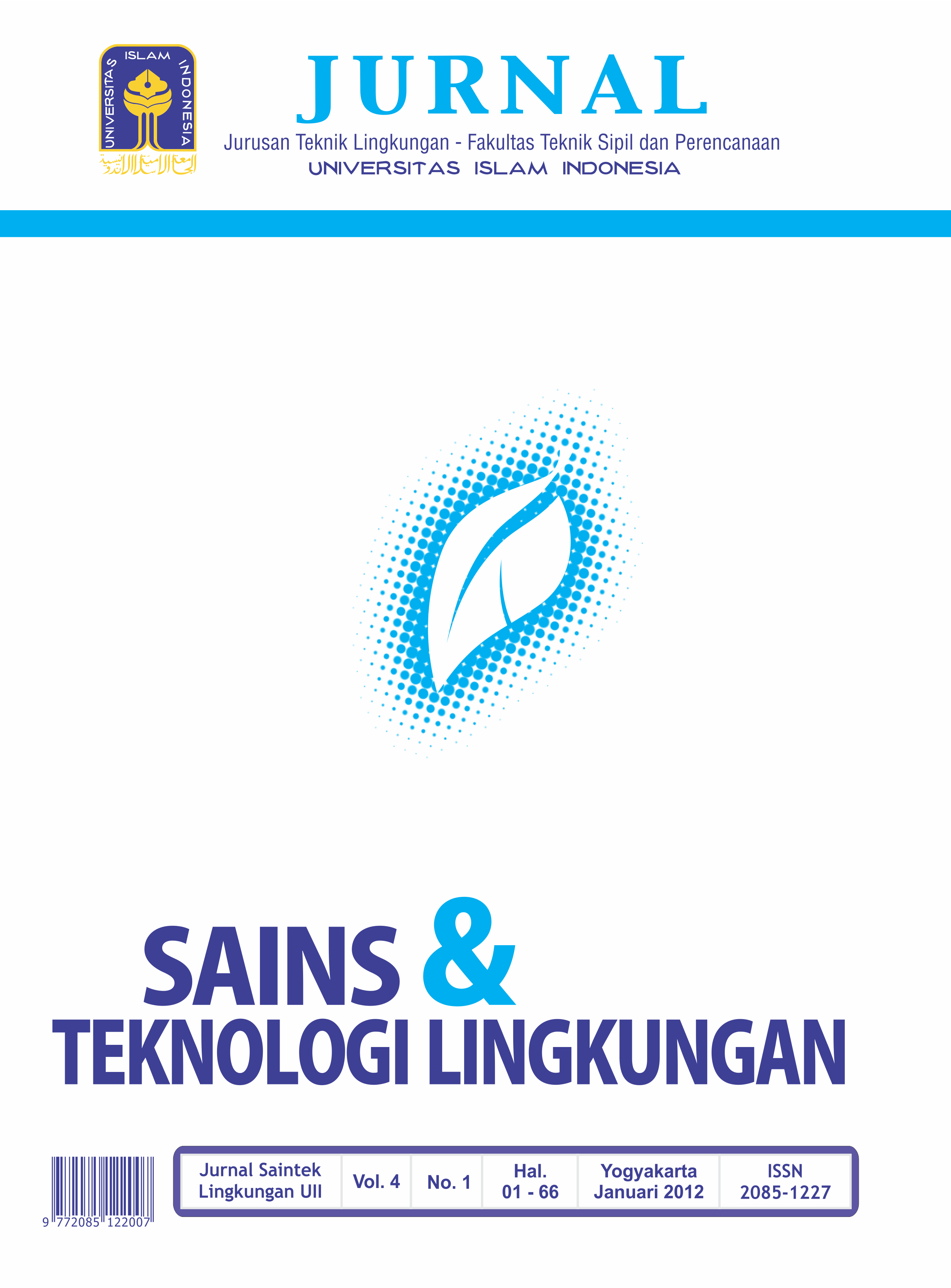Main Article Content
Abstract
Many developing countries have ventured to disaster management programs in the desire to minimize if not, eradicate disaster vulnerabilities and improve the coping skills of the people. Many ICT solutions have been developed and unfortunately, many of these are just one-time big-time solutions. Usability, transparency, costs of the systems and sustainability had become some of the issues. It is in this light that a working model of partnership between the academe and the local government unit (LGU) as a community is shaped. The academe takes the initiative in this endeavor. The tie-up is intended to support the LGU to become more responsive in managing its resources and addressing the needs of its constituents.
The paper imparts the experience of the academe’s ICT project incubation for a community and further leads to a meaningful cooperation with the LGU. The ICT project developed is a flood prediction and mapping system for the province of Bulacan in the Luzon island of the Philippines.
The paper imparts the experience of the academe’s ICT project incubation for a community and further leads to a meaningful cooperation with the LGU. The ICT project developed is a flood prediction and mapping system for the province of Bulacan in the Luzon island of the Philippines.
Keywords
e-Disaster system
mitigation system
academe-LGU partnership
Article Details
License
Authors who publish with this journal agree to the following terms:
- Authors retain copyright and grant the journal right of first publication with the work simultaneously licensed under a Creative Commons Attribution License that allows others to share the work with an acknowledgement of the work's authorship and initial publication in this journal.
- Authors are able to enter into separate, additional contractual arrangements for the non-exclusive distribution of the journal's published version of the work (e.g., post it to an institutional repository or publish it in a book), with an acknowledgement of its initial publication in this journal.
- Authors are permitted and encouraged to post their work online (e.g., in institutional repositories or on their website) prior to and during the submission process, as it can lead to productive exchanges, as well as earlier and greater citation of published work (See The Effect of Open Access).
